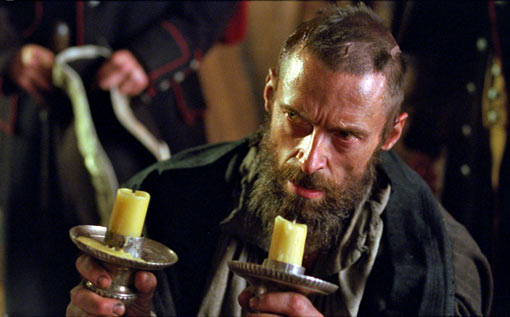Paul, Apostle of Christ | Now Playing In Theaters
Paul, who goes from the most infamous persecutor of Christians to Christ’s most influential apostle, spends his last days awaiting execution by Emperor Nero in Rome.
I went and saw the movie, “Paul, Apostle of Christ” recently. I thought it was excellent. The friend I was with said it gave inspiration to want to go back to read the Book of Acts. It did for me too.
What grabbed me most about it was the absolute faithfulness of the early Christians in the face of death every day. No wonder they changed their world, despite their flaws and the mistakes they made.
The movie followed closely to what we know of early Christian history, both from the New Testament and from other historical sources of the time. These Christians constantly thought of others even though their own life situations were fraught with peril. They were steadfastly selfless. They took in the poor and the sick just out of obedience to Christ. They were healthily obsessed with following their Master come what may. Nothing else mattered.
I need movies like this to remind me that my own struggles, though real, can be used to lead me to care for others and not worry or fear for myself. There is a scene towards the end of the movie where one of the Christians exhorts a younger Christian to not be afraid. We hear that phrase, “do not be afraid”, right through Scripture. We see it so much that we can lose its impact. But to these people who faced death every day in the face of a brutal Roman Empire that literally used them as human torch lights, burning them alive for the entertainment of others, and threw them to wild animals for the crowds, the words “do not be afraid” had meaning that went straight to the heart. They had unbelievable courage, they stood tall, unflinching, considering it a joy to suffer and die for their Lord. Wow! Could I do that?
Movies like this make me lament how comfortable I am, that too often I am way too concerned for my own petty self-protection than I am for following Christ in full surrender and submission. We get sucked into the mantra of looking after ourselves first and foremost, and in the process we lose what it is to live for Christ.
This movie showed that the early Christians were determined that literally nothing would stop them from preaching Christ. And that included taking in the stranger and the discarded that the rest of society considered worthless. They weren’t just preachers and they weren’t just on about social justice. They were all about Jesus. It was all one. It was their love for God, lived out in love for neighbour and enemy, that set them apart and eventually brought the collapse of the greatest empire ever known. Who would have thought it?
The lives of courageous love, commitment to non-violence and refusal to submit to any other king was the making of the Christian movement. This movie inspired me.
In a time when the church talks so much BS about “believing for success” and blessing theology, where it’s all about us, this movie showed that following Christ is done in suffering and brings suffering. It’s in the fire that genuine Christlikeness is forged.
There are not many Christian movies I have seen which are not cringe-worthy, but this one showed me the Spirit that filled Paul and those early Christians. I want that Spirit too.
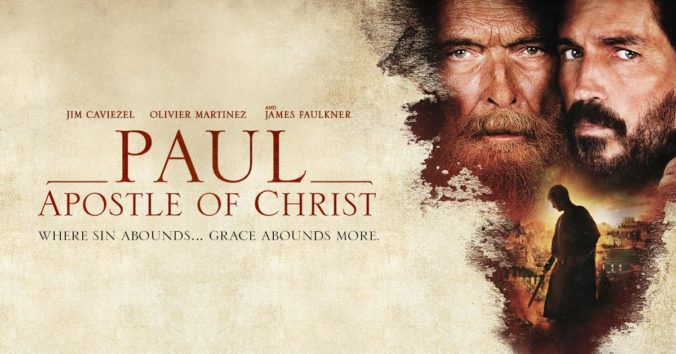
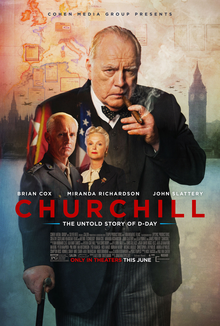

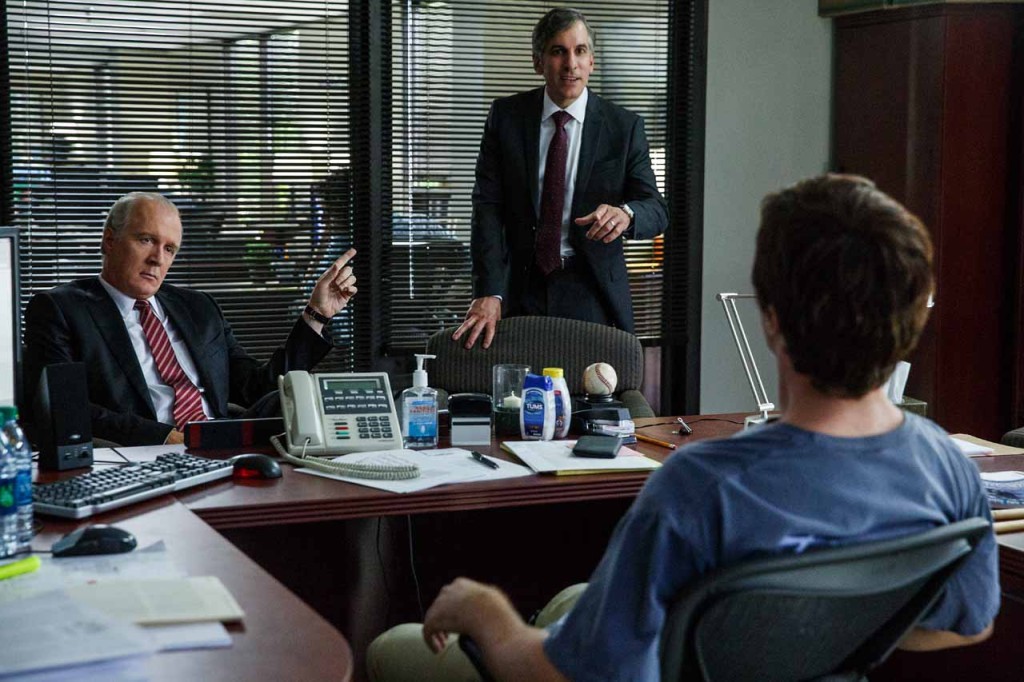

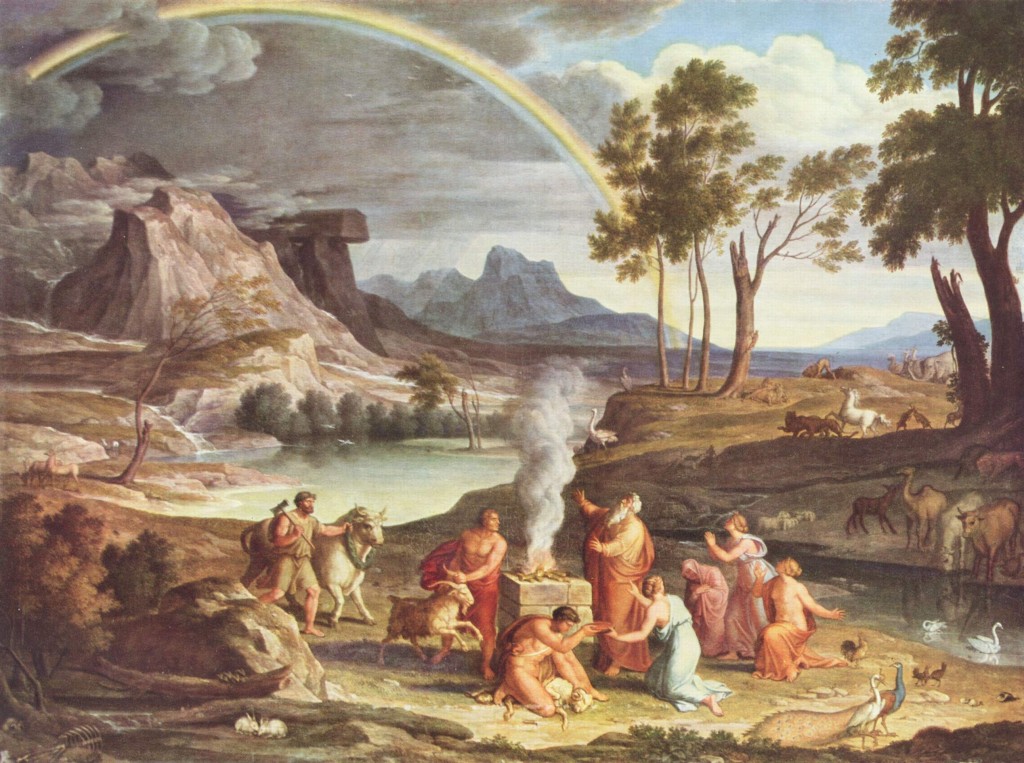 There has been a lot of controversy over the Noah movie, mainly from Christians. The controversy has been around the fact that the movie doesn’t follow the biblical story in many ways. In fact it has a bit of a Lord of the Rings feel to it, particularly with the inclusion of the rock-like creatures called the Watchers.
There has been a lot of controversy over the Noah movie, mainly from Christians. The controversy has been around the fact that the movie doesn’t follow the biblical story in many ways. In fact it has a bit of a Lord of the Rings feel to it, particularly with the inclusion of the rock-like creatures called the Watchers.